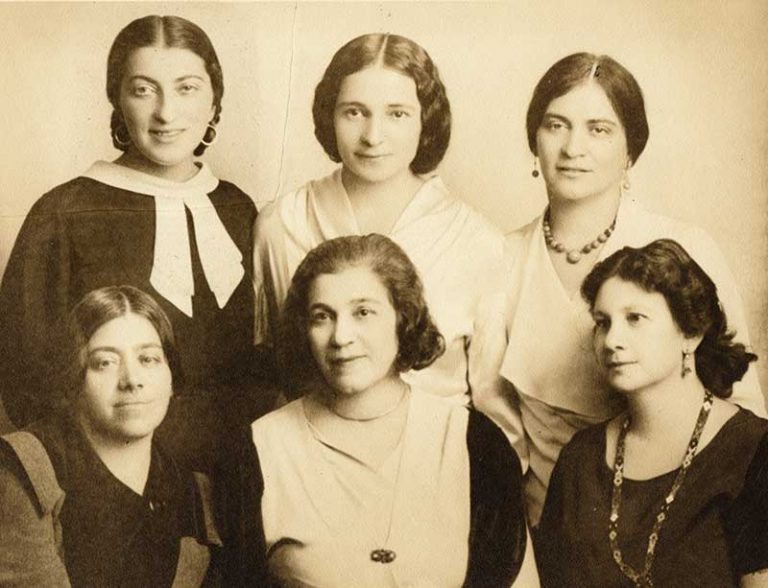EN9D1 Yiddish Women in World Literature

Tutor(s): Rochelle Sibley (Rochelle.Sibley@warwick.ac.uk)
Module format:
This module will run as a weekly 2h seminar in Term 2, with a full Moodle of resources to be available by Christmas 2023.
Module Outline:
Yiddish Women in World Literature focuses on the long-standing misrepresentation and exclusion of women writers within the canon of Yiddish Studies as a means of addressing the challenges faced when incorporating Yiddish into the discussion of World Literature. The module encourages students to identify the social, cultural and literary traditions that minimised the work of female Yiddish authors, but it also discusses how these same authors generated critical spaces within traditionally domestic spheres, often by subverting the intensely patriarchal nature of conventional Yiddish narrative forms and genres. By studying a wide range of short fiction, poetry and non-fiction, including some newly-translated into English for the first time, the module demonstrates how female Yiddish authors generated transnational communities of writers, critics and reviewers who could engage fully with the experiences of women within Ashkenazi communities and challenge preconceptions about women's contributions to the broader field of Yiddish literature.
The module introduces students to a range of Yiddish literature by female authors (the majority published in the twentieth century) in order to discuss the challenges faced when folding minority literatures into a definition of World Literature. The module highlights the underlying cultural, social and literary structures that have informed a conventional understanding of Yiddish literature, and shows how they have systematically undermined, erased or excluded the contribution made by women to this field. The syllabus also illustrates how female Yiddish authors found ways to subvert and circumnavigate those structures in order to create self-sustaining critical and literary networks, enabling them to represent their own experiences as marginalized members of a peripheral community. The module discusses how female Yiddish authors positioned themselves within domestic, social and political spaces during the long twentieth-century, as well as engaging with specific examples of how these writers built transnational literary networks to sustain their creative and cultural identities.
Module structure
The full syllabus for the module is here. Please note that all texts studied are provided as pdfs or are freely available online, so no books need to be bought.
Week 1: Yiddish as World Literature
Week 2: Women in Yiddish Literature
Week 3: Anthologization and Misrepresentation
Week 4: Reframing the Domestic Sphere
Week 5: Work, Activism and Resistance
Week 6: Occupying the City
Week 7: Responding to Trauma
Week 8: Marginalized Identities in Diaspora
Week 9: Alternative Networks 1: London
Week 10: Alternative Networks 2: Montreal
Learning outcomes:
- Articulate an informed perspective on the position of Yiddish literature within the broader field of World Literature
- Develop a refined understanding of the ways in which female Yiddish authors have subverted and challenged the social, literary and cultural restrictions that governed canonical concepts of Yiddish literature.
- Engage with contemporary critical work within Yiddish Studies to establish how female Yiddish authors generated their own, often transnational, literary and cultural communities
- Consider Yiddish literature in relation to the challenges presented by encountering literature in translation and to the marginalization of women's experiences within Yiddish-speaking communities.
Assessment
This module is assessed by one 6,000-word essay, due early in Term 3.

